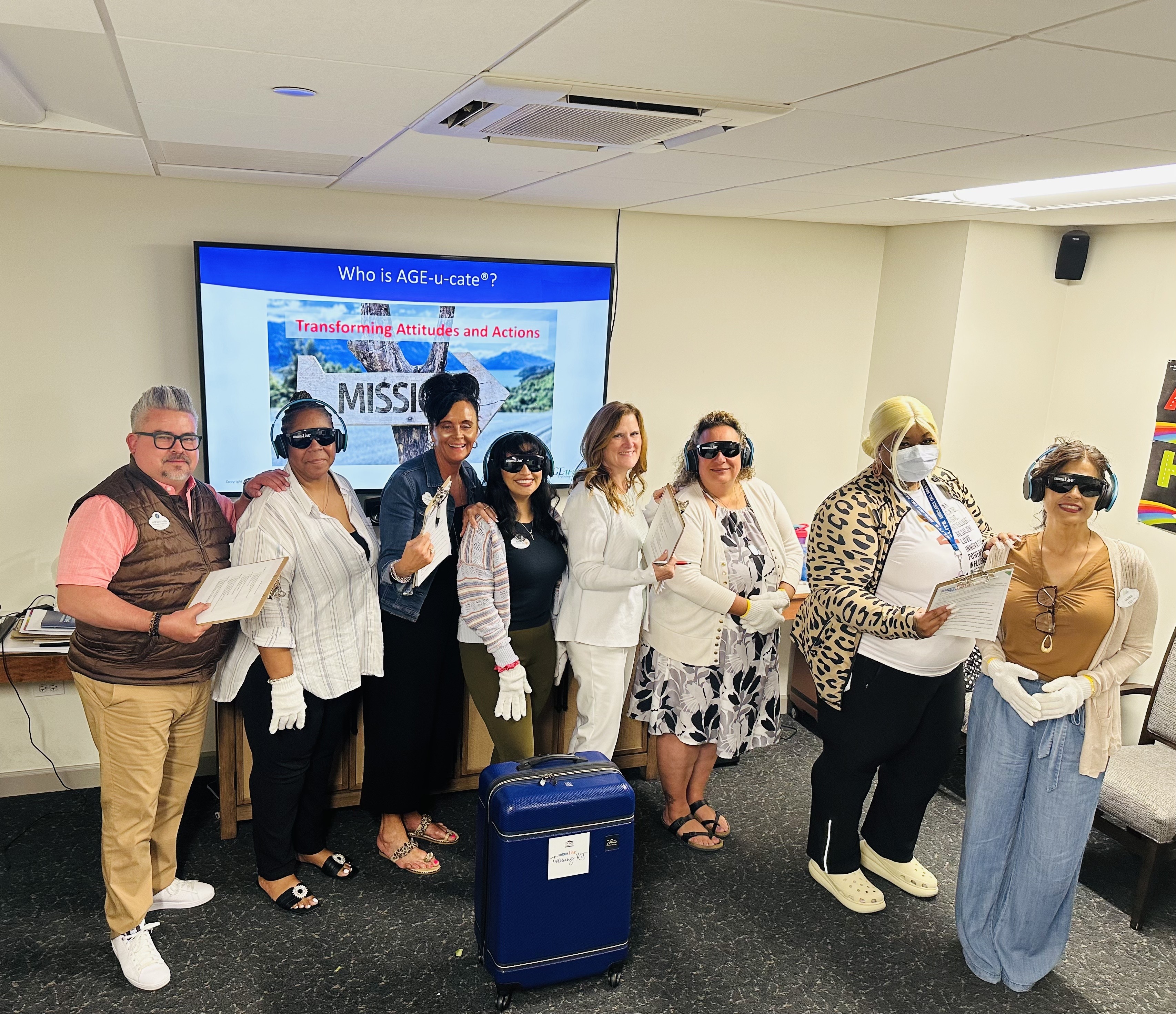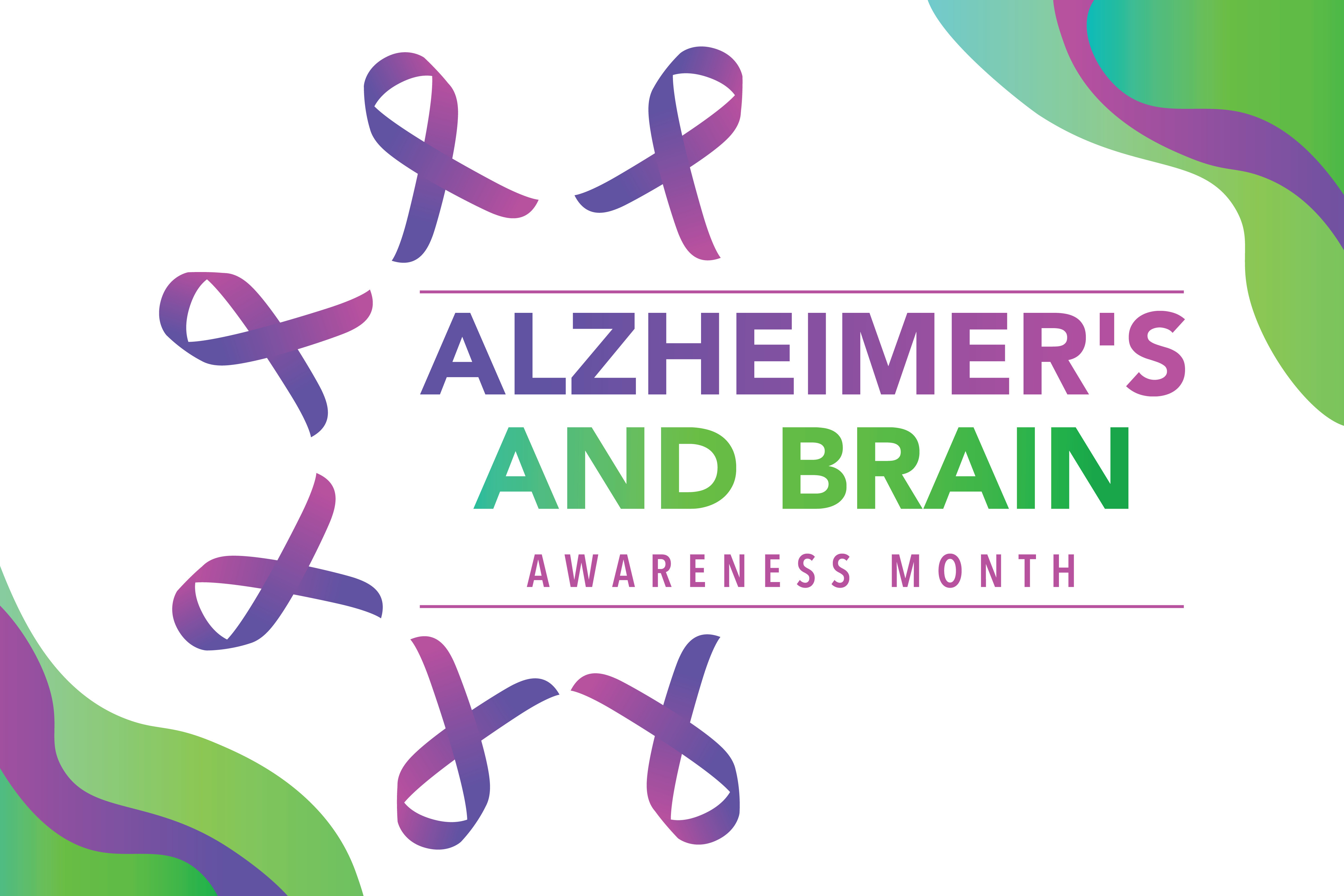Recognizing these signs early can lead to better care and support.
When we think of dementia, most people immediately associate it with memory loss. However, dementia symptoms often manifest in other surprising ways long before forgetfulness sets in. Recognizing these early signs is crucial, as early intervention can significantly improve quality of life for both individuals and their caregivers. At AGE-u-cate Training Institute, we provide caregivers and healthcare professionals with essential tools to detect and manage the early stages of dementia. Here are five early signs to watch for:
1. Financial Problems
Financial mismanagement is often one of the first cognitive areas affected by dementia. Individuals may forget to pay bills, lose track of spending, or make impulsive purchases that are out of character. Unfortunately, this can also make them more vulnerable to scams or fraud.
Key Insight:
In cases of frontotemporal dementia, impaired judgment is an early symptom, often leading to poor financial decisions. The complex nature of managing money—balancing expenses, savings, and budgeting—requires the coordination of several brain regions. As cognitive decline sets in, this task can become overwhelming.
Related Research:
A 2020 study published in JAMA Internal Medicine revealed that financial difficulties may begin up to six years before a formal dementia diagnosis. By recognizing these issues early, caregivers and family members can step in to provide support.
At AGE-u-cate, our Dementia Live® training helps caregivers become more attuned to early behavioral changes, including financial issues, to provide better care.
2. Sleep Issues
While aging naturally affects sleep patterns, drastic changes may signal early dementia. For example, some individuals with dementia may begin waking up unusually early or have trouble staying awake during the day. Others may act out their dreams—sometimes violently—a condition linked to REM sleep behavior disorder, which is common in dementia with Lewy bodies and Parkinson’s disease.
Key Insight:
REM sleep behavior disorder occurs when muscles fail to remain paralyzed during sleep, leading to vivid and sometimes harmful actions. Changes in sleep patterns are not only distressing for the individual but also impact the caregiver’s ability to maintain a normal routine.
Related Research:
A 2021 study in Nature Communications found that individuals who slept fewer than six hours per night in their 50s and 60s were more likely to develop dementia. These findings suggest that sleep disturbances can be an early warning sign long before cognitive symptoms emerge.
Through our Compassionate Touch® program, AGE-u-cate equips caregivers with techniques to help manage sleep disturbances and calm individuals experiencing anxiety or restlessness.
3. Personality Changes
Personality changes can be one of the earliest signs of cognitive decline, and these shifts often go unnoticed because they may be subtle at first. Someone who was once outgoing may become withdrawn, or a normally easygoing person might exhibit irritability or distrust. These shifts are often more visible in everyday interactions than memory loss and may be tied to specific types of dementia, such as frontotemporal dementia.
Key Insight:
Personality shifts can stem from structural changes in the brain’s frontal lobe, affecting behavior, decision-making, and social interactions. Individuals may become less empathetic or even lose interest in activities they once enjoyed.
Related Research:
A 2019 study published in Psychological Science highlighted that personality changes, such as increased introversion or irritability, could appear years before a dementia diagnosis. Recognizing these behavioral shifts early can alert caregivers to seek medical advice.
AGE-u-cate’s programs, including Dementia Live®, help caregivers understand and empathize with the behavioral changes that occur in dementia, allowing them to provide more compassionate care.
4. Driving Difficulties
Driving is one of the most cognitively demanding tasks that people perform daily, requiring quick thinking, decision-making, and motor coordination. Dementia can affect driving ability early on, leading to increased accidents, running red lights, or other driving errors. If an individual starts avoiding driving at night or in challenging conditions, this might be a sign that cognitive issues are emerging.
Key Insight:
Driving requires coordination between multiple cognitive functions, including visual-spatial processing, attention, and motor skills. Dementia can impair one or more of these areas, increasing the risk of accidents.
Related Research:
A 2021 study in Neurology found that changes in driving behavior, such as reduced driving frequency or increased accidents, could be an early indicator of cognitive decline.
AGE-u-cate’s caregiver training emphasizes the importance of recognizing these signs and initiating conversations about driving safety with compassion.
5. Loss of Smell
Loss of smell, while often overlooked, can be one of the earliest indicators of Alzheimer’s disease and other forms of dementia, such as dementia with Lewy bodies. The areas of the brain responsible for processing smells are some of the first to be affected by neurodegeneration, often years before other symptoms appear.
Key Insight:
Unlike hearing or vision loss, which may occur with age, loss of smell is often directly linked to the early stages of neurodegeneration in the brain. Many individuals with dementia struggle to identify or detect smells long before cognitive decline is obvious.
Related Research:
A 2017 study published in The Lancet Neurology found that a diminished sense of smell is one of the earliest manifestations of cognitive impairment. This research highlights how smell tests could potentially be used as a screening tool for early dementia diagnosis.
AGE-u-cate’s Dementia Live® program incorporates sensory loss simulations, helping caregivers experience firsthand the challenges their loved ones face.
Early Detection Matters: Get Trained by AGE-u-cate®
Recognizing the early signs of dementia is critical for getting the right care at the right time. From financial problems to sleep disturbances, personality changes, driving difficulties, and loss of smell, these early indicators offer important clues. At AGE-u-cate Training Institute, our programs like Dementia Live® and Compassionate Touch® equip caregivers with the knowledge and tools to detect and manage dementia’s early stages. By focusing on early intervention, caregivers can improve the quality of life for those living with dementia and their families.
Visit AGE-u-cate.com to learn more about our dementia awareness and training programs.







